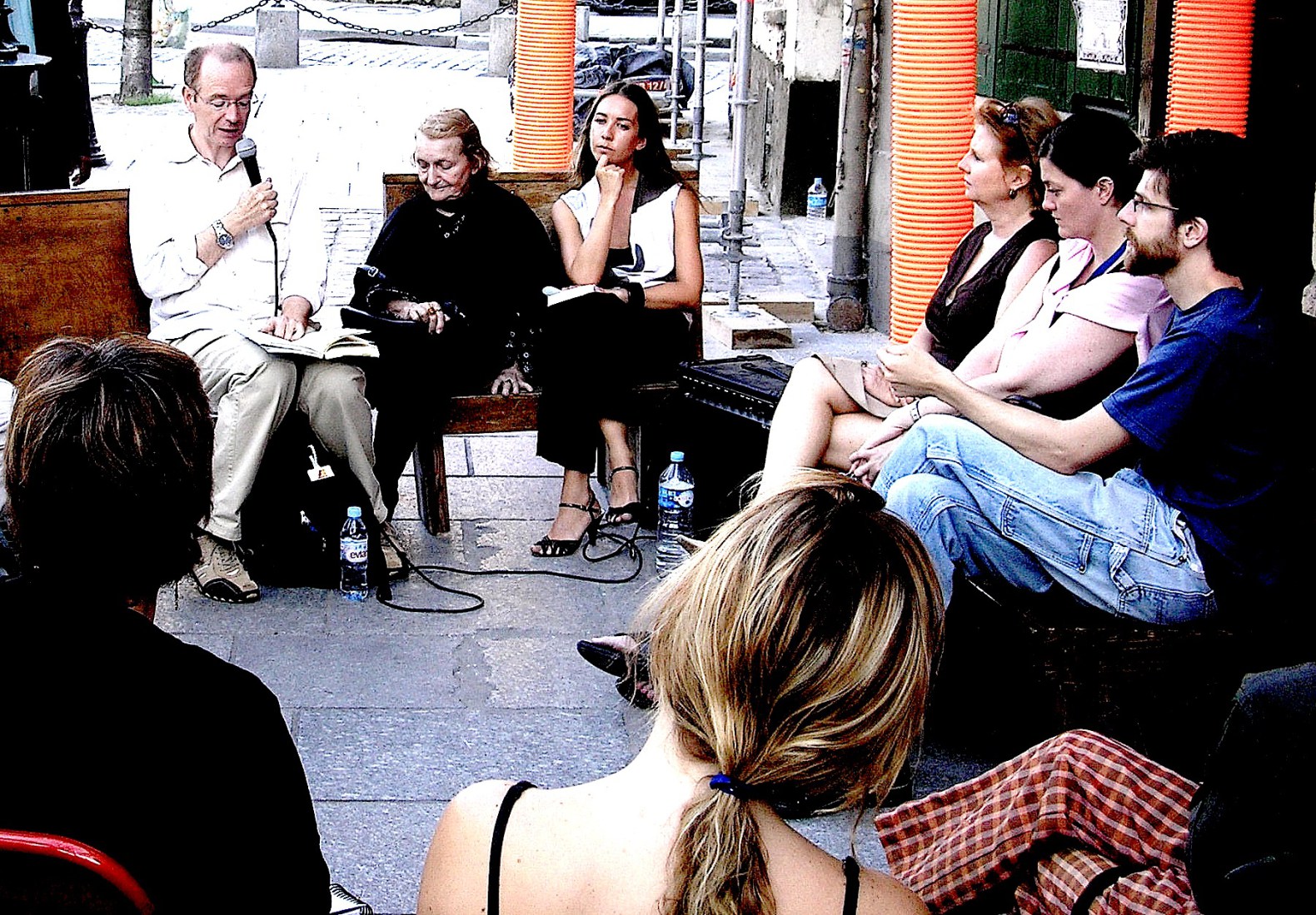“As a writer you have only one job: to make the reader turn the page. Of all the tools a writer uses to make a reader turn the page, the most essential is the plot. It doesn’t matter if the plot is emotional, intellectual, or physical — as long as it compels the reader to find out what happens next. If your reader doesn’t care what happens next — it doesn’t.”
–Howard Mittelmark and Sandra Newman, How Not to Write a Novel (2008)
“The hardest part about travel writing is just keeping the reader engaged. And I would do whatever it took that I could think of to do so, because the greatest failing among amateur writers or aspiring travel writers is this feeling that just because they had a great time, they think everybody else in the world is going to want to go along too. It’s just not so. Nobody wants to go along with you. When have you ever brought out a book of vacation photos and heard people say: Oh yes please, let me have a look! Nobody wants to see your vacation pictures. And they don’t want to hear your vacation experiences really. So if you’re going to do it successfully, somehow you’ve got to overcome that reluctance and somehow suck the reader in. That to me is the only trick to travel writing.”
–Bill Bryson, Lonely Planet interview (July 2003)
“These days, when we do speak of literary duties, we mean it from the reader’s perspective, as a consumer of literature. We are really speaking of consumer rights. By this measure the duty of writers is to please readers and to be eager to do so, and this duty has various subsets: the duty to be clear; to be interesting and intelligent but never willfully obscure; to write with the average reader in mind; to be in good taste. Above all, the modern writer has a duty to entertain. Writers who stray from these obligations risk tiny readerships and critical ridicule.”
–Zadie Smith, “Fail Better,” The Guardian (January 2007)
“Most people, when traveling, have remarkable and life-changing experiences; and most of us record them in some way, in our diaries or our letters, with our cameras. But the particular challenge for a travel-writer is reproducing the excitements and movements of a trip in a way that isn’t boring or remote for the reader. …Try to think what you in particular have to add or contribute. A million people go every month, no doubt, to the Taj Mahal, and many of them write eloquently about it. What is it that is particular to your interests and experiences that can allow you to say something new? Find a particular angle that arises out of one of your strengths and advantages, and try to make the focus of your piece as narrow and specific as possible. Don’t try to summarize all of Japan after a two-week trip; pick one small corner of it, or one theme (I, for example, took baseball as a theme, a way into Japan, when I first visited, because I knew it would be one world I could understand even without a word of Japanese).”
–Pico Iyer, RolfPotts.com interview (2003)

